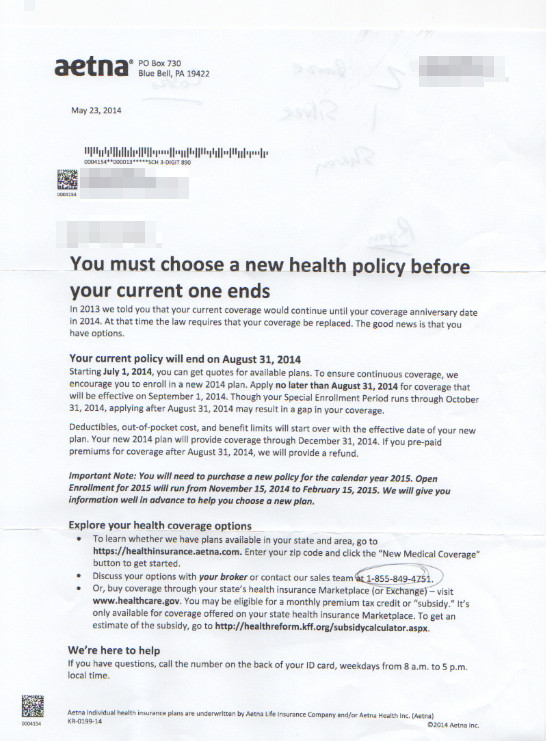My previous post explained how confirmation bias can prevent you from behaving like the natural data scientist you like to imagine you are by driving your decision making toward data that confirms your existing beliefs. This post tells the story of another cognitive bias that works against data science. Consider the following scenario: Company-wide
Tag: big data
Nowadays we hear a lot about how important it is that we are data-driven in our decision-making. We also hear a lot of criticism aimed at those that are driven more by intuition than data. Like most things in life, however, there’s a big difference between theory and practice. It’s
Working from home confers significant benefits. Two of my favorites are a two-second commute and the ability to take afternoon naps without offending judgmental coworkers. Among the drawbacks, though: I'm not going to randomly meet someone at the office. Like many single professionals, I have dabbled in the world of
Many people, myself included, occasionally complain about how noisy big data has made our world. While it is true that big data does broadcast more signal, not just more noise, we are not always able to tell the difference. Sometimes what sounds like meaningless background static is actually a big insight. Other times
In my last three posts on data ethics, I explored a few of the ethical dilemmas in our data-driven world. From examining the ethical practices of free internet service providers to the problem of high-frequency trading, I’ve come to realize the depth and complexity of these issues. Anyone who's aware of these
I have consulted on enough enterprise system implementations to know that there's anything but uniformity on how to roll out a new set of mature applications. I've seen plenty of different methodologies and technologies for relatively similar back-office systems (read: ERP and CRM). Of course, some were better than others, although
Imagine if your ability to feed your family depended upon how fast you could run. Imagine the aisles of your grocery store as lanes on a running track. If you can outrun your fellow shoppers, grab food off the shelves and race through the checkout at the finish line, then
In my previous post, I examined ethics in a data-driven world with an example of how Facebook experiments on its users. Acknowledging the conundrum facing users of free services like Facebook, Phil Simon commented that “users and customers aren’t the same thing. Maybe users are there to be, you know... used.” What about when a

As part of The Affordable Care Act, many Americans have had to change insurance providers or plans. I’m old enough to realize that wide-sweeping changes like this legislation will surely face many legal, technological and financial obstacles; I've even talked about some of these issues before. Suffice to say, I didn’t expect a
I have previously blogged about how the dark side of our mood skews the sentiment analysis of customer feedback negatively since we usually only provide feedback when we have a negative experience with a product or service. Reading only negative reviews from its customers could make a company sad, but could reading only

